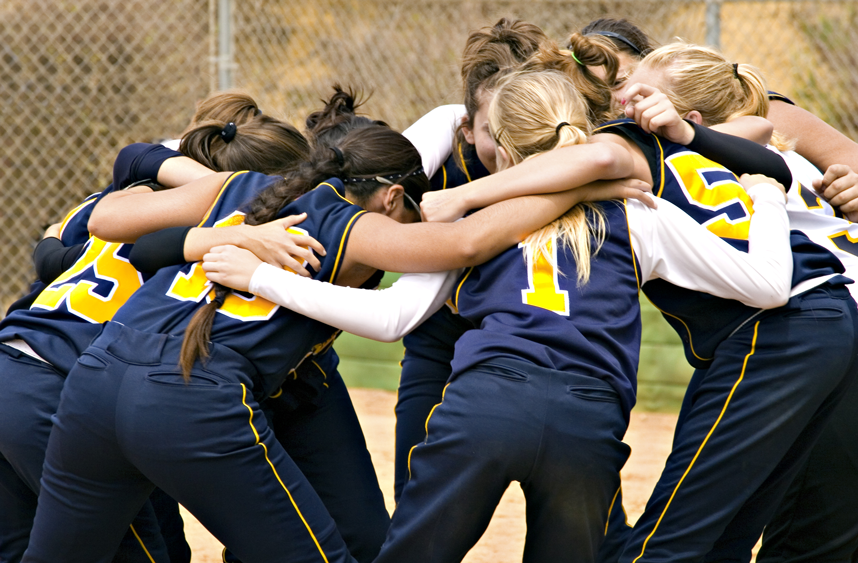From cooking to coaching golf, Coach Joe Ramirez is always bringing his best to the table. After graduating from Miami Senior High School and receiving his culinary degree from the Orlando Culinary Academy, he was ready to start a career as a chef. However, the poor economy limited his options. When an opportunity came up in his hometown to coach local kids in sports, he couldn’t turn it down. He needed a job, and as a lifelong athlete, loved the thought of coaching and giving back to the community he grew up in.
 Joe serves as a Coach Across America coach at Miami-Dade Parks and Recreation, coaching SNAG golf in the after school program. SNAG - an acronym for Starting New At Golf - teaches the game of golf to people of all ages and abilities in almost any environment. Adapted programs like this are incredibly important in areas like Miami-Dade County, where golf is not an option for most youth due to their economically disadvantaged backgrounds. Joe teaches the kids that playing golf isn’t just about the game. It’s about the intangibles that come from playing the game, like resilience, discipline, self-awareness, and most importantly, social confidence. This was a critical influence in one student’s life, in particular.
Joe serves as a Coach Across America coach at Miami-Dade Parks and Recreation, coaching SNAG golf in the after school program. SNAG - an acronym for Starting New At Golf - teaches the game of golf to people of all ages and abilities in almost any environment. Adapted programs like this are incredibly important in areas like Miami-Dade County, where golf is not an option for most youth due to their economically disadvantaged backgrounds. Joe teaches the kids that playing golf isn’t just about the game. It’s about the intangibles that come from playing the game, like resilience, discipline, self-awareness, and most importantly, social confidence. This was a critical influence in one student’s life, in particular.
Victor was in third grade, but had the learning and emotional capacity more typical of a first grader. He was extremely shy, lacking in confidence, and refused to participate. The other kids in the program did not bully him, but they also did not include him. Coach Joe had a solution. He met with the rest of the group and explained Victor’s situation to them - that he wasn’t any different from them, he just learned differently and needed their help to feel like a part of the team. By helping them understand Victor’s challenges, Coach Joe prevented the group from further excluding him. It also helped boost the team’s social confidence as they all felt empowered to speak up and play a part in helping Victor. The extra attention, not just from Joe but from his teammates, allowed Victor’s confidence in golf - and in life - to grow.
Joe credits Coach Across America and culinary school for helping him develop lessons and activities he could use to supplement those required by the SNAG curriculum. While attending an Up2Us Sports National Coach Training Institute, he was taught how to handle different situations and learned new games and strategies to help the kids understand the lessons they were learning through golf. Joe loves the similarities between cooking and coaching: “In the kitchen, the chef is the coach and his sous chefs are his players. You’re all on the same team and it takes teamwork and guidance to get everything done. As a chef, you have to keep learning which ingredients work together to make the food taste right, and as a coach you have to keep learning the different personalities of the kids and how they fit together to be successful.”




![[WATCH] Morgan Stanley Innovation Awards Features Up2Us Sports](https://images.squarespace-cdn.com/content/v1/58bddd12e58c6278e8a670e2/551e2744-c233-46e6-850d-bac0223d8f13/MHA+Innovation+Feb+2023+1.jpg)


















 Join Up2Us Sports on Wednesday, June 3rd to celebrate five years of creating change through sports and to honor Little League Star, Mo'ne Davis and her coach Steve Bandura. During this event, we will celebrate the power of youth sports coaches and for the first time, honor a military veteran as our Coach of the Year.
Join Up2Us Sports on Wednesday, June 3rd to celebrate five years of creating change through sports and to honor Little League Star, Mo'ne Davis and her coach Steve Bandura. During this event, we will celebrate the power of youth sports coaches and for the first time, honor a military veteran as our Coach of the Year.











